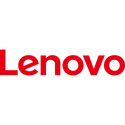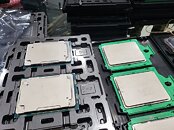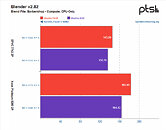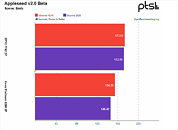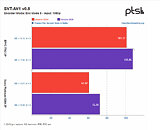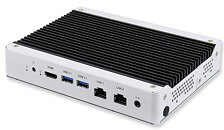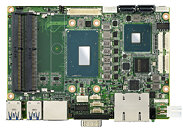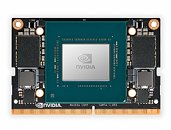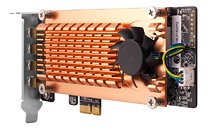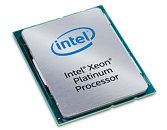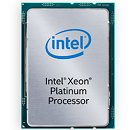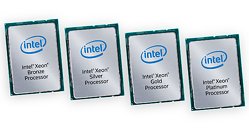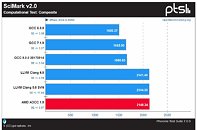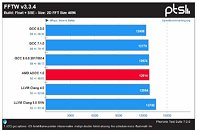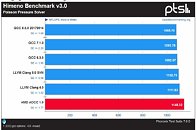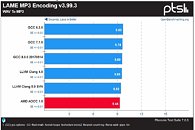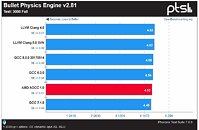
Microsoft Brings Ampere Altra Arm Processors to Azure Cloud Offerings
Microsoft is announcing the general availability of the latest Azure Virtual Machines featuring the Ampere Altra Arm-based processor. The new virtual machines will be generally available on September 1, and customers can now launch them in 10 Azure regions and multiple availability zones around the world. In addition, the Arm-based virtual machines can be included in Kubernetes clusters managed using Azure Kubernetes Service (AKS). This ability has been in preview and will be generally available over the coming weeks in all the regions that offer the new virtual machines.
Earlier this year, we launched the preview of the new general-purpose Dpsv5 and Dplsv5 and memory optimized Epsv5 Azure Virtual Machine series, built on the Ampere Altra processor. These new virtual machines have been engineered to efficiently run scale-out, cloud-native workloads. Since then, hundreds of customers have tested and experienced firsthand the excellent price-performance that the Arm architecture can provide for web and application servers, open-source databases, microservices, Java and.NET applications, gaming, media servers, and more. Starting today, all Azure customers can deploy these new virtual machines using the Azure portal, SDKs, API, PowerShell, and the command-line interface (CLI).
Earlier this year, we launched the preview of the new general-purpose Dpsv5 and Dplsv5 and memory optimized Epsv5 Azure Virtual Machine series, built on the Ampere Altra processor. These new virtual machines have been engineered to efficiently run scale-out, cloud-native workloads. Since then, hundreds of customers have tested and experienced firsthand the excellent price-performance that the Arm architecture can provide for web and application servers, open-source databases, microservices, Java and.NET applications, gaming, media servers, and more. Starting today, all Azure customers can deploy these new virtual machines using the Azure portal, SDKs, API, PowerShell, and the command-line interface (CLI).





















